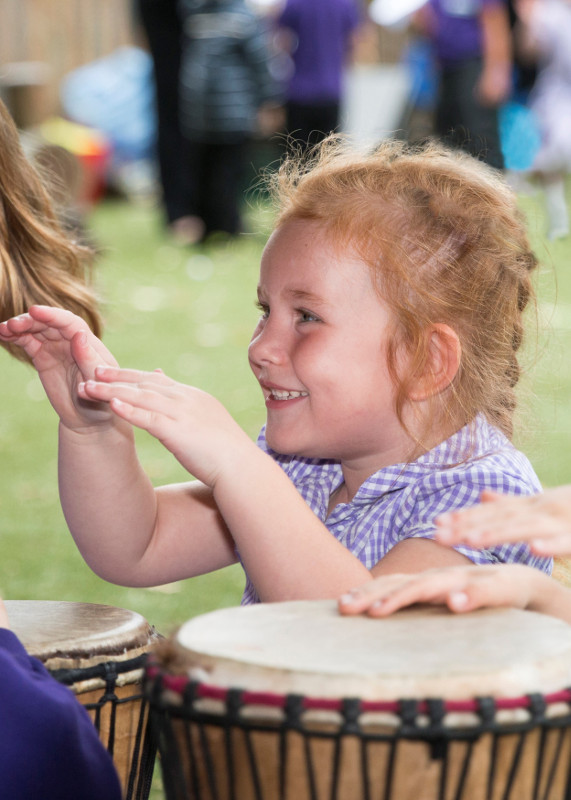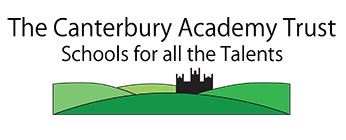
Early Years Foundation Stage
At The Canterbury Primary School we pride ourselves on our links with local nurseries and we work very closely with the City View Nursery, on site. The transition opportunities we offer, mean the children in our two reception classes, Beckham and Sharman, settle into school life with ease.
We consider every child to be on a unique learning journey and it is important for us to nurture each of their individual talents. Children learn across both classrooms and a large outdoor area, through topics which are planned by the teachers, taking into account the children’s interests. Every day there is a short learning input when children are given challenges that they can complete in a variety of ways. The children can also contribute to activities through ‘In the moment planning’ opportunities that spontaneously occur during the learning time. In addition to the two child initiated sessions, they are also taught phonics (Twinkl phonics) and reading daily. We are proud that teaching in this style means that since 2010 we have been able to achieve results at the end of the Foundation Stage which have consistently been above local and national average.
We use the online assessment tool ‘Tapestry’ to track children’s learning. Parents are able to sign up and access this from home, giving them the option to comment on and contribute to their child’s learning journal.
In Year R the children follow the Early Years Foundation Stage Curriculum, which has three prime areas; Communication and Language, Physical Development, and Personal, Social and Emotional Development.
We teach the children in four specific areas, which include the essential skills and knowledge for our youngest children, and through which the prime areas are strengthened and applied. The specific areas are:
• Literacy
• Mathematics
• Understanding the World
• Expressive Arts and Design
These important principles underpin the effective practice in the care, development and learning of young children.

Communication, Language and Literacy
Children develop their communication skills through speaking and listening, phonics, reading and writing. We closely track and scaffold their progress by providing a vast range of rich opportunities to develop these skills through play.
Mathematics
Early mathematical encounters include aspects such as weight, length, position, shape as well as number and calculation. They are experienced through practical activities, such as rhymes, stories, counting games and songs.
Physical Development
Children develop physical control and co-ordination through the use of balancing equipment and small apparatus such as bats and balls, bean bags and hoops. They develop their fine motor skills by using, beads, scissors and tweezers. They also learn about being healthy and safe.
Understanding of the World
In this area of the curriculum, children are encouraged to explore their immediate environment and find out about the world around them. They have opportunities to use scientific equipment such as magnets, magnifying glasses, and technology, such as torches and programmable toys. Children are able to talk about their own beliefs as well as celebrating festivals from other cultures.
Expressive Arts and Design
Children learn to express their thoughts and feelings in a creative way. They explore the different role play areas, respond imaginatively to music and design and make creations in 2 and 3 dimensions, using a variety of resources.
Personal, Social and Emotional Development
The children learn to co-operate with others, to share and take turns. They also develop their self-confidence and become more independent, at the same time developing personal values through an understanding of right and wrong and an awareness of the needs of others.
